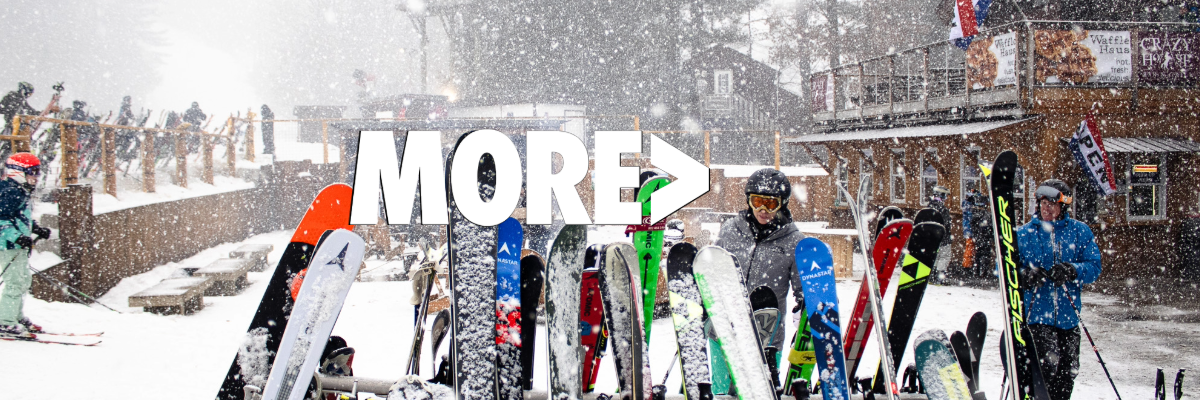Get access to everything we publish when you
sign up for Outside+.
On Wednesday, the U.S. Center for SafeSport updated its disciplinary database to show that former Nike Oregon Project coach Alberto Salazar is permanently ineligible to coach or participate in any capacity in U.S.A. Track & Field (or any part of the U.S. Olympic or Paralympic movement) due to sexual misconduct.
The center had issued a temporary suspension in February 2020 and a permanent ban in July 2021, but its decision had been subject to appeal until now. The case went to independent arbitration, which upheld the center’s decision, at least in part—the original ban in July also included emotional abuse, but the database shows that Salazar is officially ineligible for sexual misconduct.
The U.S. Center for SafeSport is an independent nonprofit organization based in Denver, Colorado, created in 2017 and designated by the U.S. Congress to respond to reports of sexual misconduct within the U.S. Olympic and Paralympic sports. It is federally authorized under the Protecting Young Victims from Sexual Abuse and Safe Sport Authorization Act and also has responsibility to develop policies to prevent emotional, physical, and sexual abuse of athletes of all ages participating in Olympic sports at all levels.
RELATED: What is the U.S. Center for SafeSport?
The center does not release details of the cases or decisions, but Salazar’s ban comes after the organization’s own investigation into allegations that could have come from any athlete he’s worked with or come into contact with over the years. The center doesn’t have a statute of limitations and the investigation process is confidential.
“The Center does not comment on matters to protect the integrity of the process,” a media relations representative from SafeSport said in a text to Women’s Running on Wednesday.
Salazar is also serving a four-year doping violations suspension for trafficking testosterone and tampering with the doping control process. He has denied any wrongdoing in that case.
No athlete has publicly shared allegations of sexual abuse related to Salazar, but Mary Cain, a former teen track star who trained with the now-defunct Nike Oregon Project from 2013 to 2015, alleged in a 2019 New York Times op-ed that Salazar weighed her in front of teammates and shamed her for being too heavy. As a result, Cain, now 25, said she suffered depression, suicidal thoughts, five stress fractures, and didn’t menstruate for three years. Cain recently sued Salazar and Nike for $20 million and due to that ongoing litigation she is unable to comment on the SafeSport ban, she said in a text message to Women’s Running on Wednesday.
Cain’s story was corroborated by former members of the Oregon Project and others came forward with similar experiences, including 2008 Olympian Amy Yoder Begley, who was a member of the group from 2007 until 2011, when she said Salazar dismissed her from the team because she appeared too heavy. Kara Goucher, who was a whistleblower in the anti-doping case, has also been outspoken about SafeSport issues and the win-at-all-costs environment Salazar fostered during her time training with the Oregon Project. Goucher said in a text message on Wednesday to Women’s Running that she had no comment at this time.
Salazar has denied the allegations of abuse, though he told the Oregonian in 2019, “I may have made comments that were callous or insensitive over the course of years of helping my athletes through hard training.” Salazar did not immediately return a message to Women’s Running seeking comment on Wednesday.
Nike shuddered the Oregon Project after Cain’s story was published in 2019. In August the company stripped Salazar’s name from a building on its Beaverton, Oregon, campus, saying in a written statement that “the nature of the allegations and the finding of a lifetime [SafeSport] ban make it appropriate to change the name of the building.”
